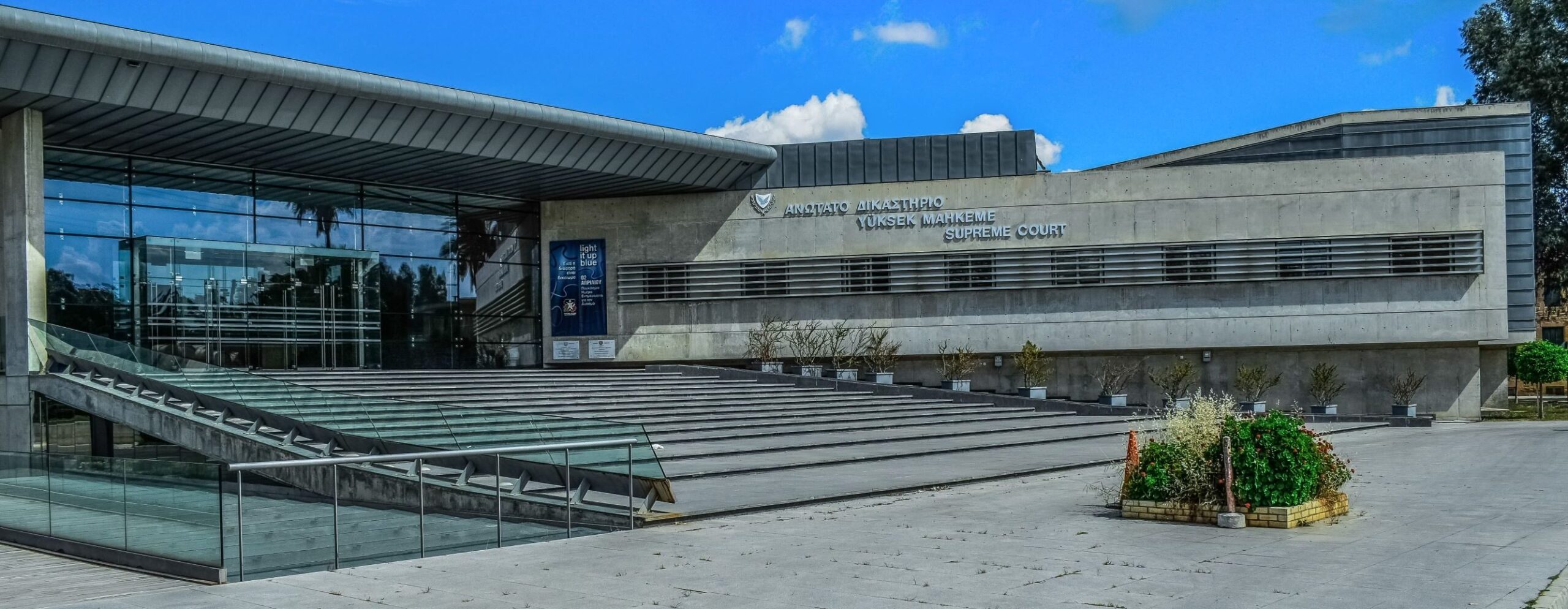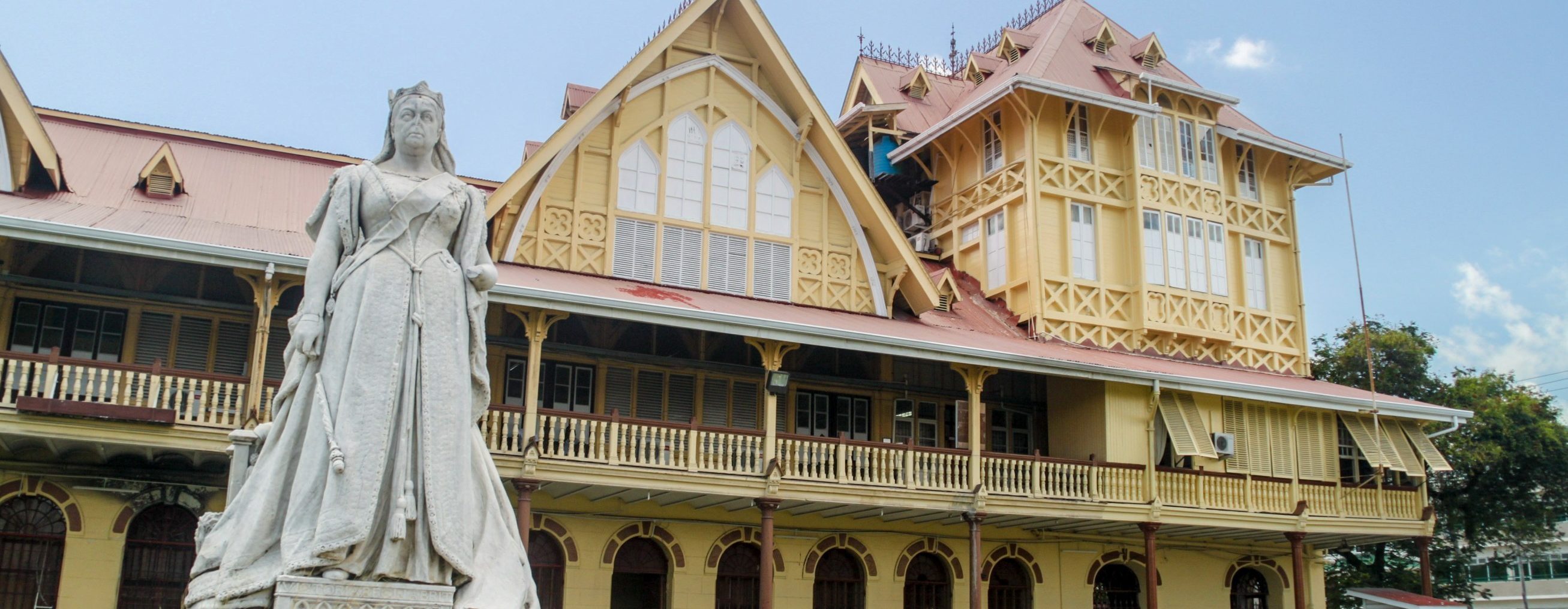Zimbabwe 2017
by Stephen Murch and Peter Carter QC
Two days in Bulawayo
The College made its first visit to Zimbabwe, following a number by the Advocacy Training Council in the past. Its two tutors (Stephen Murch and Peter Carter QC) were hosted by the Law Society of Zimbabwe (LSZ) throughout their visit. The links between the two jurisdictions continue to thrive.
A two-day training course in Bulawayo was run for 16 advocates and it was repeated for 47 advocates in Harare after a day’s break to allow for travel. The case of The State v Changa (a charge of theft by a manager of his secretary’s purse) was used each time. It was also adapted as an application for an injunction restraining the company from preventing it suspending Mr Changa pending the criminal trial for those who were more accustomed to practice in the civil courts. This exercise has been used in other jurisdictions and at the South Eastern Circuit’s Keble course.
While the standard was reasonably high in each location, in common with last year, in Bulawayo, an exclusively “direct tuition only” course was run. It appears to remain a concern of the LSZ that there is a lack practitioners locally who are either willing to act as trainers. Each of the College’s tutors led a group containing a mixture of both junior and quite senior practitioners, some of the latter being over 15 years’ practice
The standard in Bulawayo varied from reasonable to quite good. A couple of the more senior practitioners spread across the groups showed particular flair and it may be that with encouragement they could become trainers. The College tutors swapped groups on the second day so that they each saw everyone perform. They asked participants if they wanted to have a go at Hampel reviews having experienced them on the first day. A few volunteered and the standard was acceptable and likely capable of rapid improvement if they were put on dedicated tutor training courses.
The standard of advocacy on the second day was noticeably better. Each participant was asked to prepare either a closing speech or application for an injunction, the choice being that of the individual. It may be that this flexibility helped, but it was clear that each person prepared very well, with only a handful reading from notes. Following reviews, the standard increased yet further.
On to Harare
The College’s tutors departed Bulawayo for Harare on the Tuesday evening. This short flight tested the diplomatic skills of each of them. It quickly became apparent that their tickets had not in fact been purchased by the local agent. One of the airport staff did what he could in the absence of a working landline and limited internet services, giving an assurance that no aircraft left the tarmac without his permission and that the tutors would fly that night. That first hurdle cleared, it looked for a while as though only Peter Carter QC would make the flight, as Murch was taken aside by airport security to explain why there was a bullet in his suitcase. Once his pulse returned to normal, he was able to convince them that it was his metal razor stick which had set alarm bells ringing. That point resolved, the airport staff were very helpful in ensuring he made the flight. There being no inflight service for the journey, the two tutors took advantage of the hotel bar to soothe their nerves upon arrival in Harare.
Once there, 3 classes were run. Each was headed by one or two local trainers and comprised up to 4 trainee tutors and up to 10 trainees. The College tutors acted as rovers, performing reviews and critiquing those of the trainee tutors
The standard of Hampel reviews by local trainee tutors was a little disappointing. In plenary session, a presentation was given about the method, with Murch giving a demonstration. Even though to his embarrassment he asked a question which was, quite correctly, identified by a local advocate as suitable for review, the latter then performed a replay so that a full review could be seen. A recap was then given so as to emphasise each of the component parts. Boards were then left in each teaching room, listing each of the 6 component parts, along with the usual pro forma crib sheet.
Once the training started, it is fair to say that most of the time the correct point was selected, but the review then took the form of something of a short speech followed by reliance upon demonstrations which were rather long. Noting this point quite early on, the College tutors held a meeting of all tutor trainers to explain why the constituent parts of the method were each of equal importance. When the training re-commenced, it was clear that there were still a few trainee tutors who had not grasped the method. A further meeting of them was held at the end of the first day to reinforce the technique. They were also reminded that using the pro-forma review sheet would ensure that no step was overlooked. This led to an improvement the following day. At the conclusion of that day, a final meeting was held in which Murch said that it was his hope that one day tutors in each jurisdiction would travel to others to deliver training around the common law world. He made the point however that if this were to happen under the present arrangements, those wishing to train would have to use the Hampel method.
On that latter theme, the College tutors would encourage steps by the South Eastern Circuit to invite practitioners from Zimbabwe to attend its annual course at Keble College, Oxford. This has happened before and to continue to do so would help to strengthen the links between the jurisdictions. On the basis of what they saw last week, the College’s tutors identified practitioners who would certainly be suitable candidates for such an invitation. It would of course be preferable however that any nomination be made by the LSZ.
Visit to the High Court
In the day between the two sets of training, the College’s tutors were taken on a visit to the High Court and then the Supreme and Constitutional Courts, the latter sitting in the same room by rotation. The Chief Registrar and his staff were very generous with their time given that the new Chief Justice was due to be sworn the next day by the President. In contrast with the position in this jurisdiction, the opening of new High Court centres around Zimbabwe was described, either through new buildings or refurbishment of existing ones. The system by which every claim form and defence was electronically scanned once filed so that there was a record of it for use by the court was also demonstrated. Although the College’s tutors met the four judicial assistants who had recently been appointed to assist with research and preparation of judgments so as to increase the flow of work, they were left with the impression that the Chief Registrar is not slow to exercise his power to dismiss appeals where they are filed late or either the wrong form is used or it is not properly signed
During the course of the visit, the Deputy Chief Justice was sworn as Chief Justice. Murch met him last year when he was kind enough to attend both training sessions and lend his support to the work of the Advocacy Training Council. Murch has taken the liberty of writing to him to congratulate him on the appointment and expressing the College’s desire to continue to try to support of work on this jurisdiction if it be requested.


